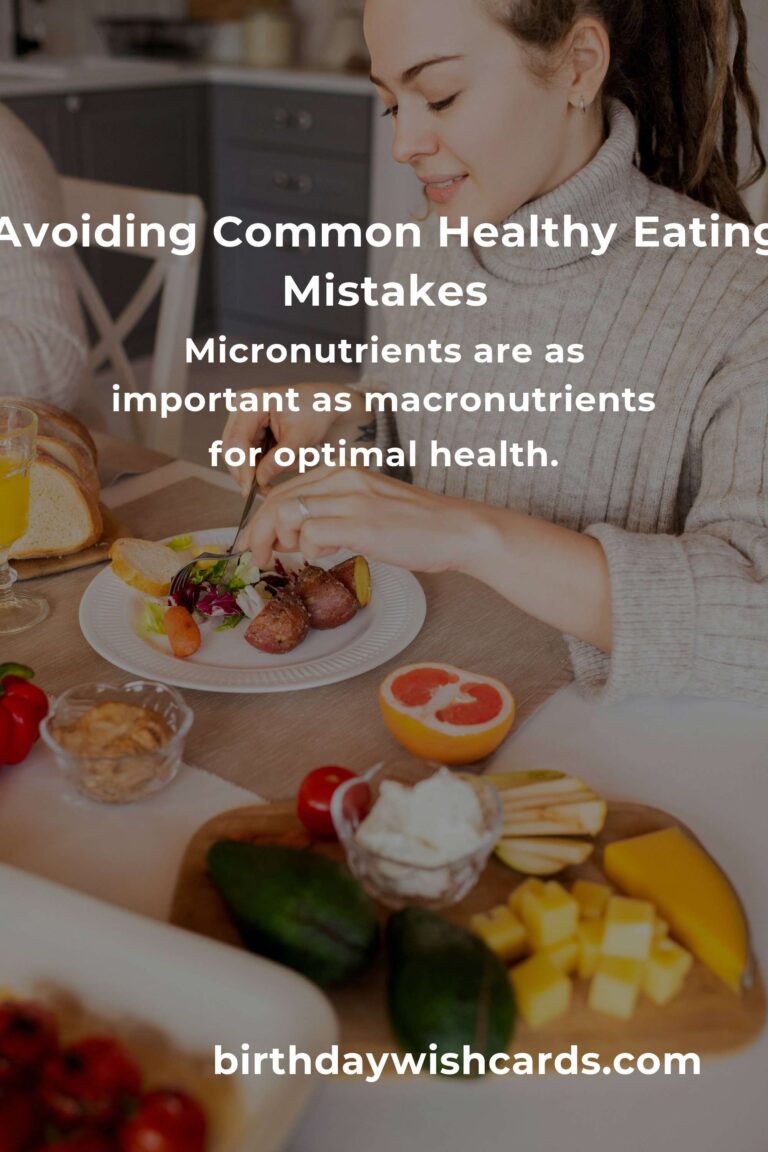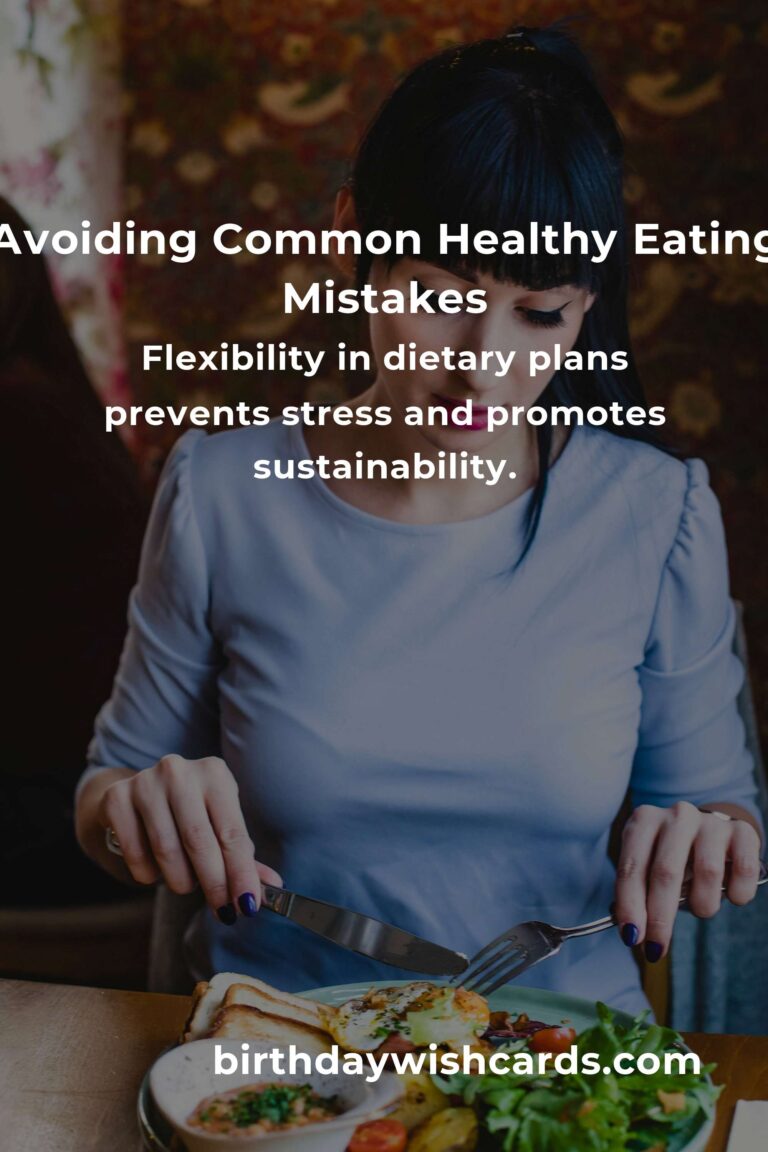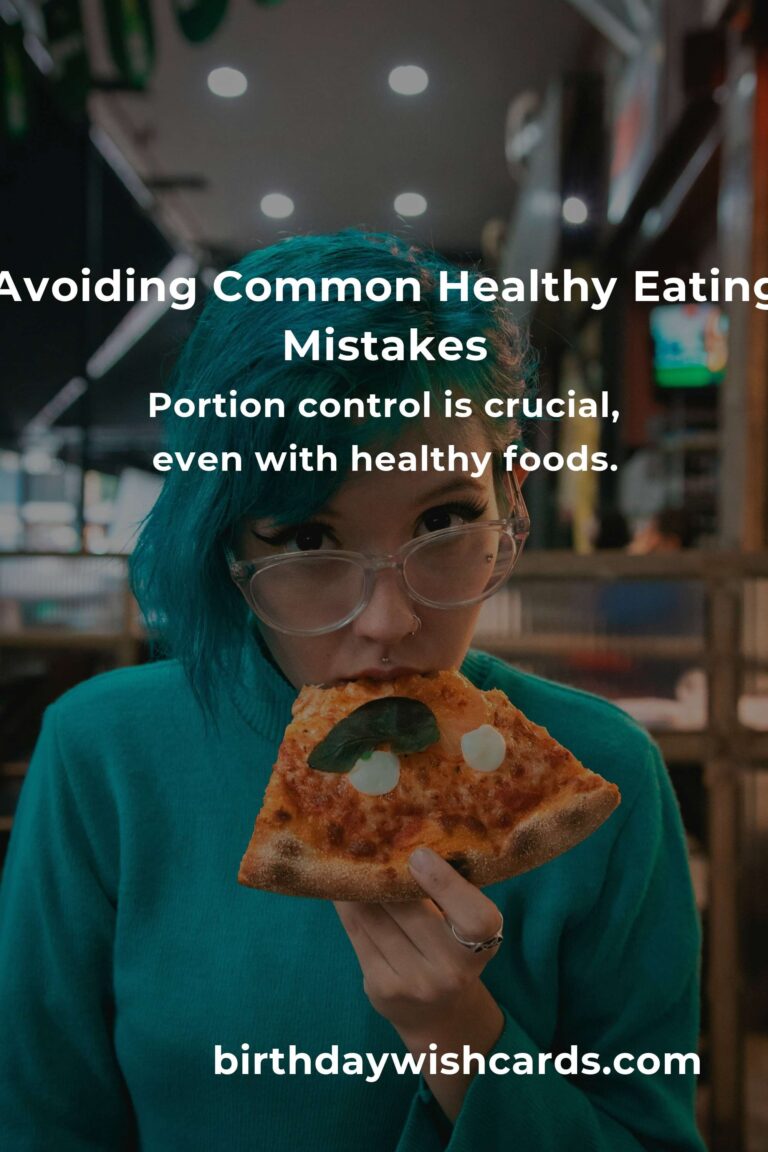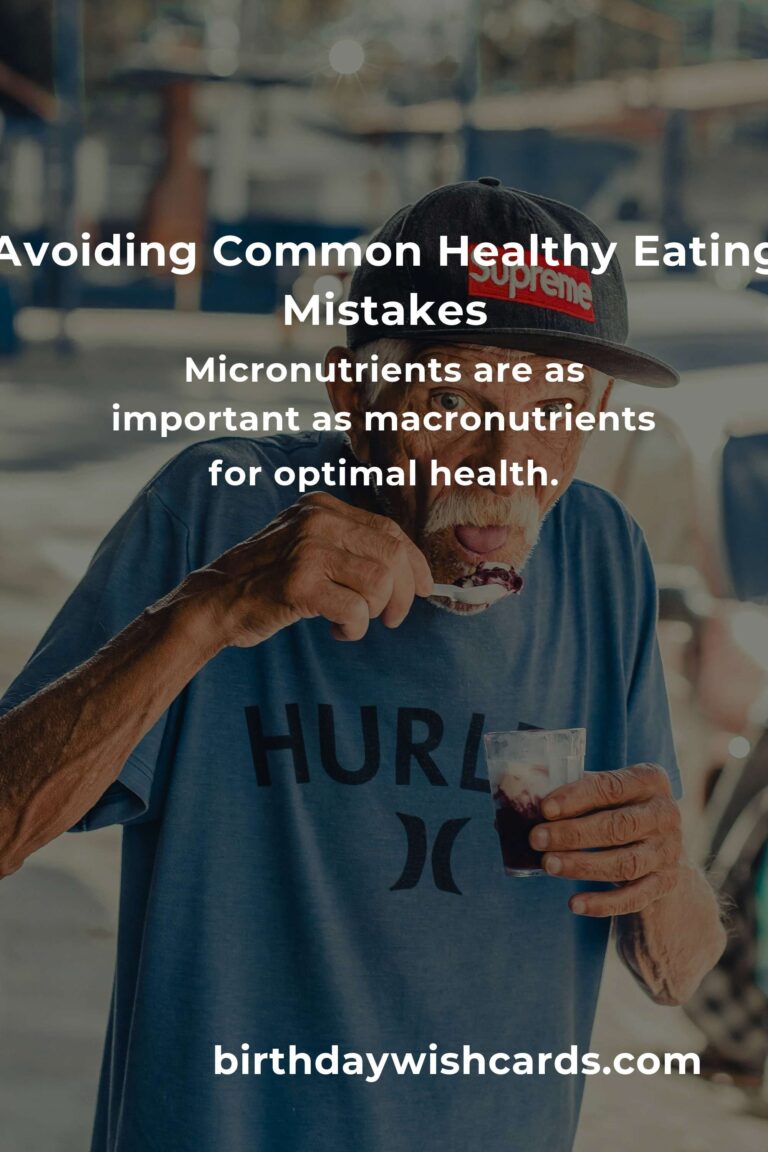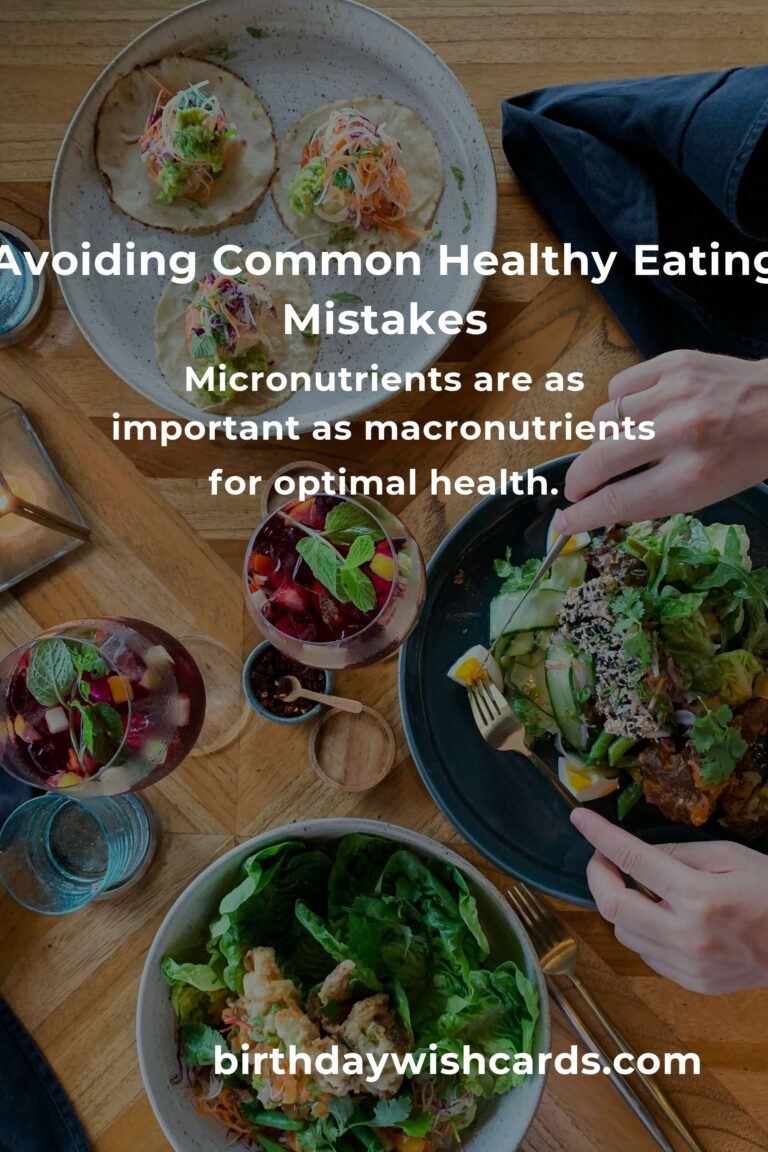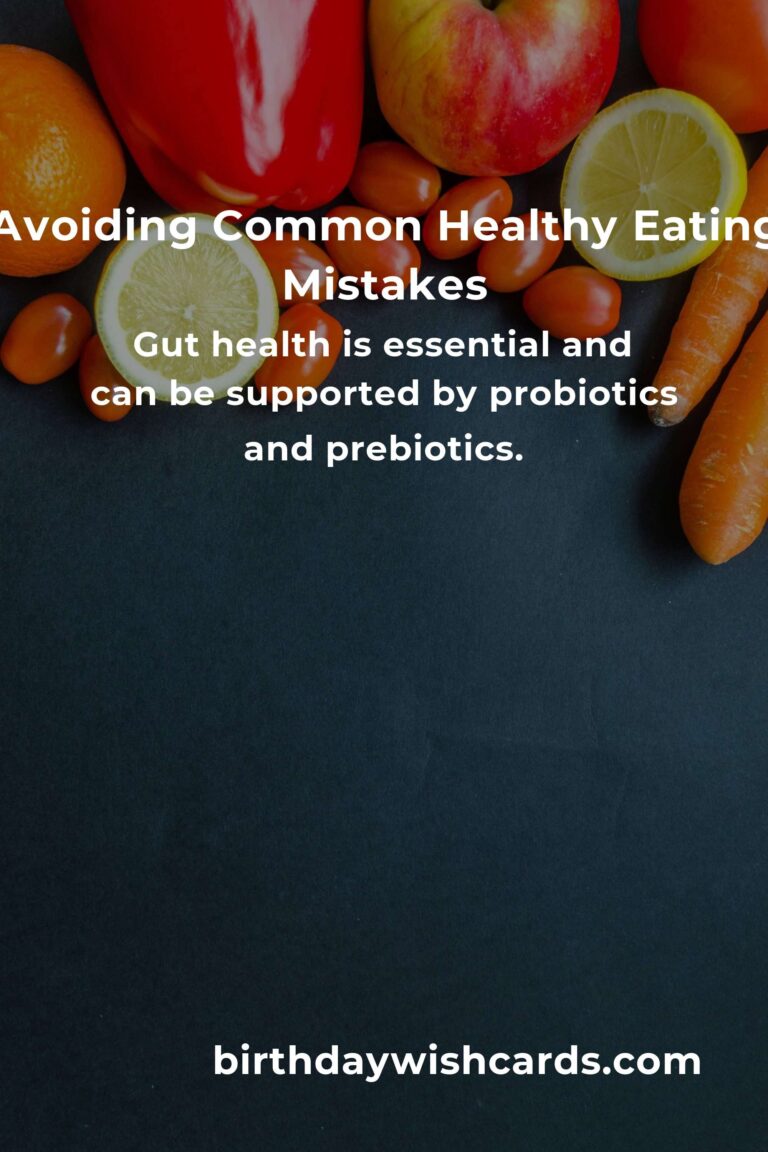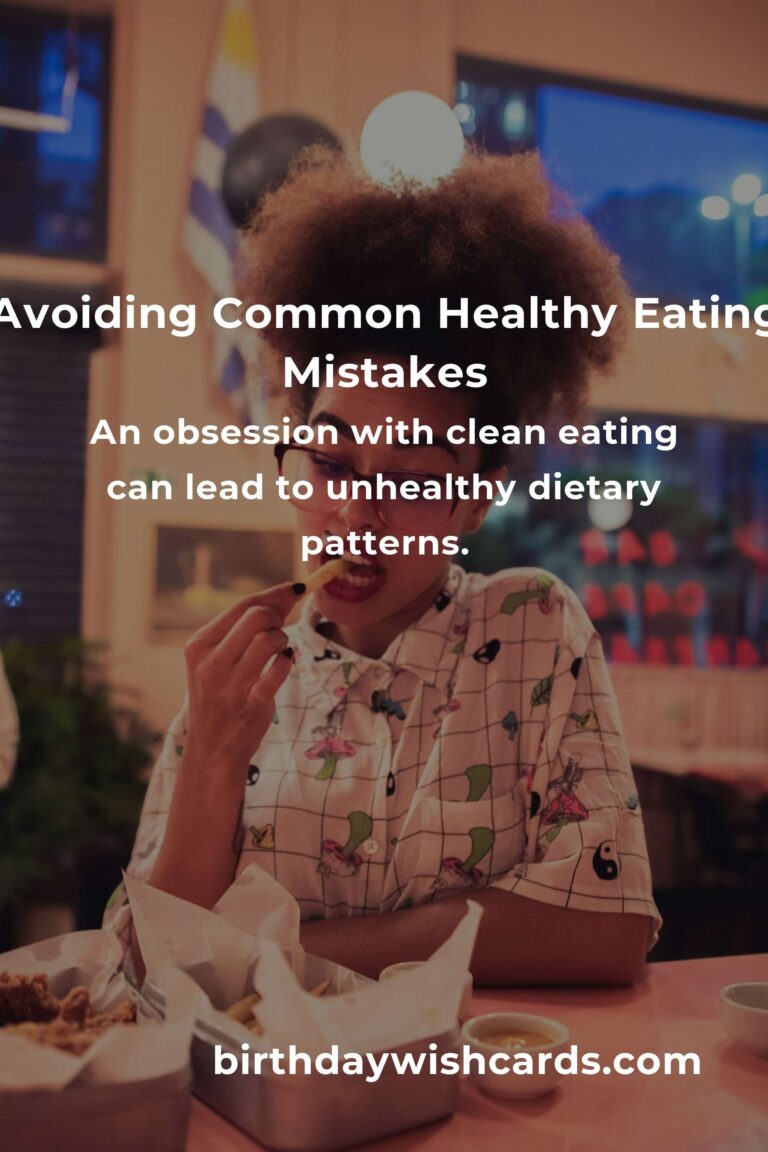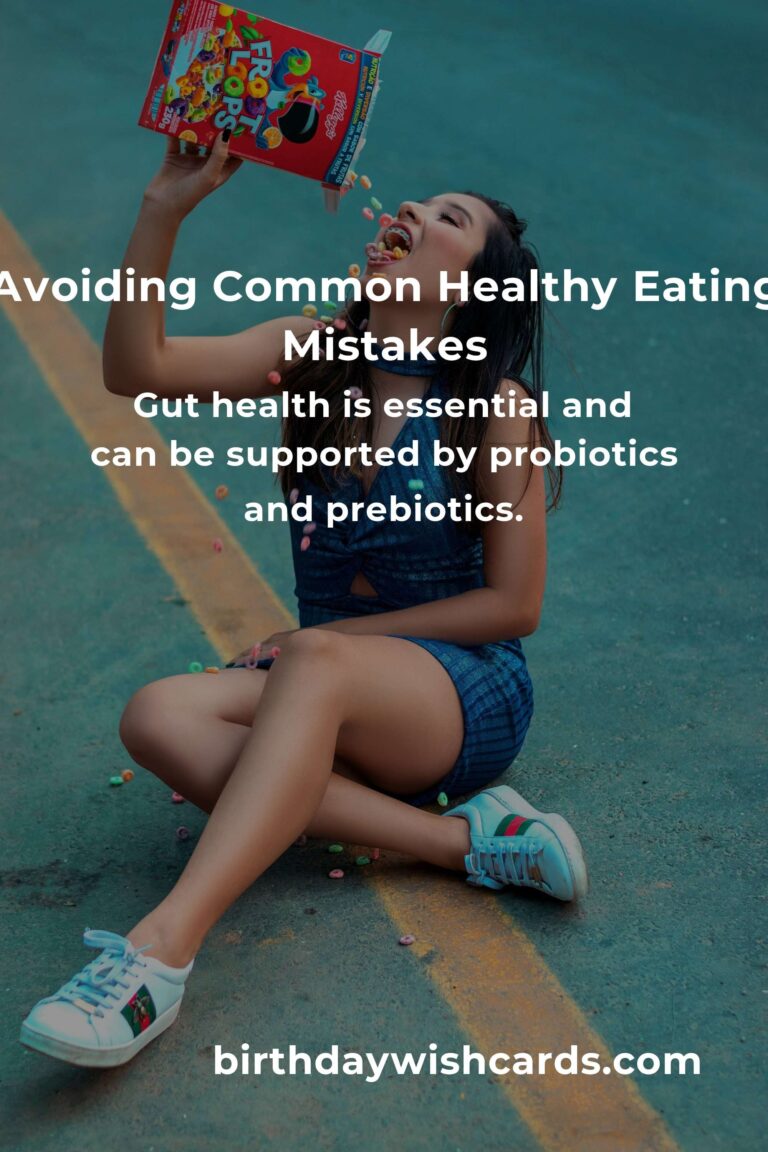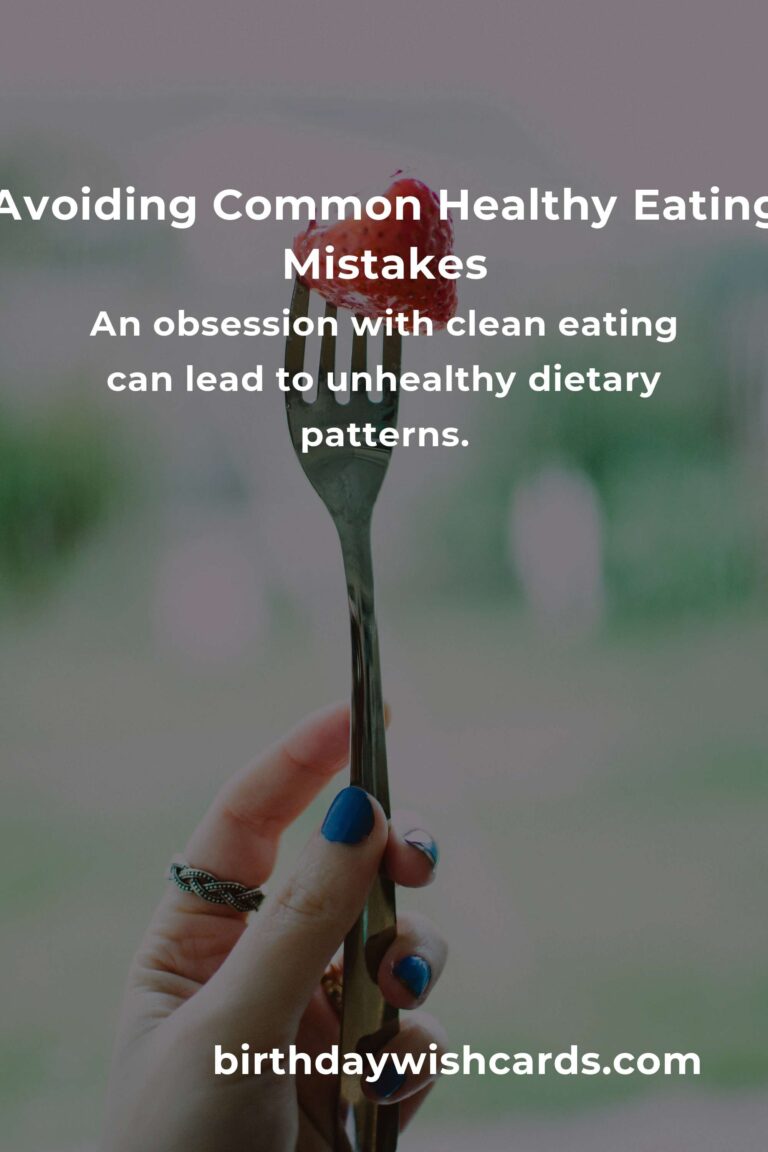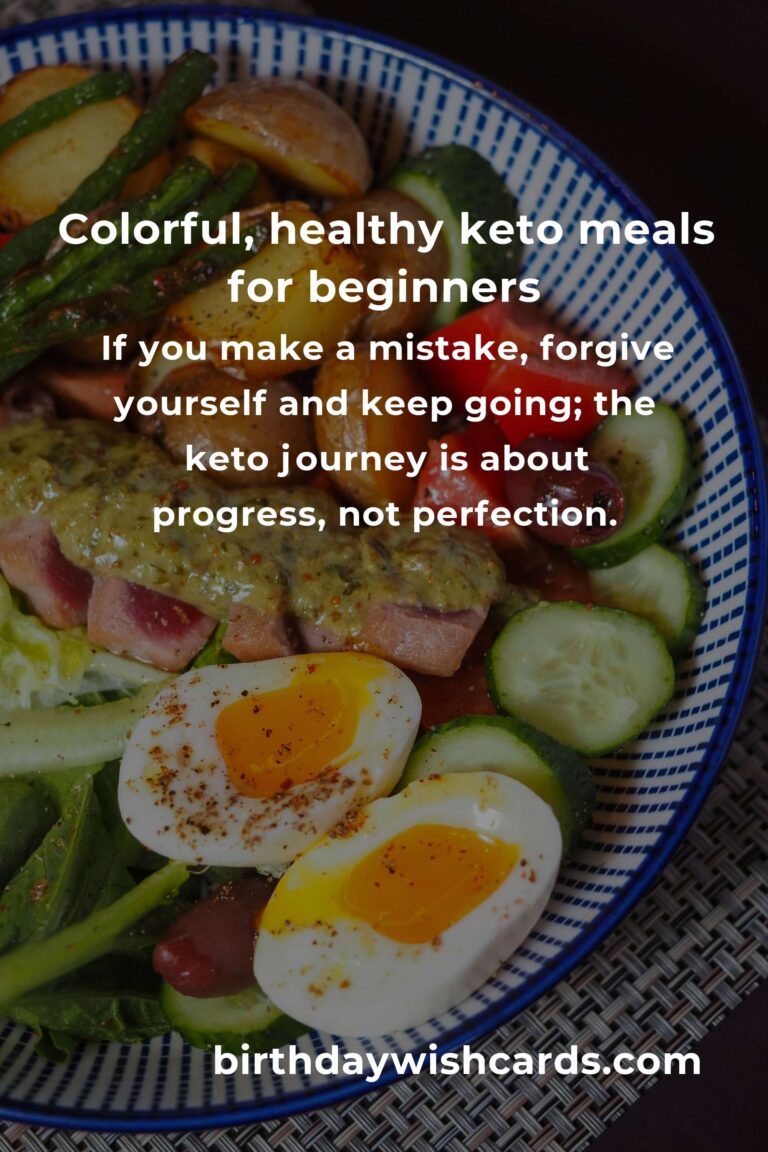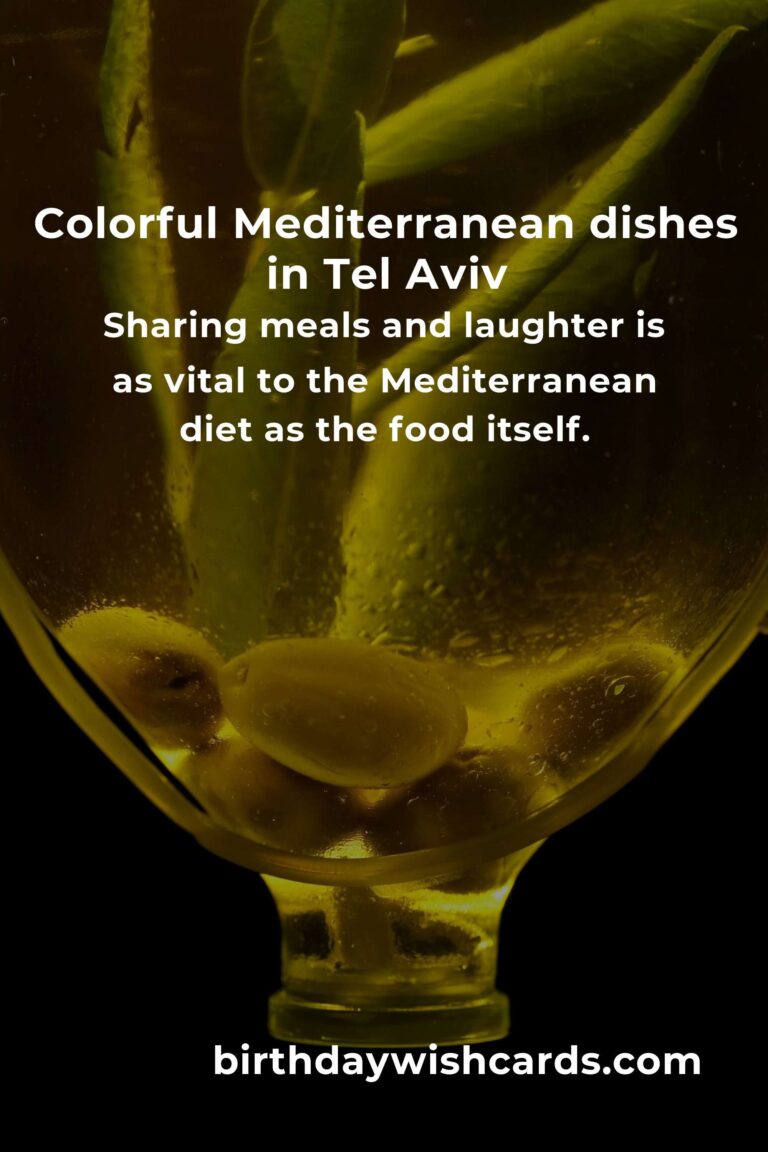
As we become more health-conscious, the journey towards advanced healthy eating can be both rewarding and challenging. While many of us have mastered the basics of nutrition, advancing our dietary habits involves a deeper understanding of food and its impacts on our body and mind. However, even seasoned health enthusiasts can make mistakes that might hinder their progress. In this article, we will explore some common pitfalls in advanced healthy eating and how to avoid them.
1. Over-reliance on Superfoods
Superfoods like kale, quinoa, and chia seeds have gained significant popularity for their nutrient-dense properties. However, relying too heavily on these foods can lead to an imbalanced diet. A common mistake is substituting a broad range of vegetables and grains with a limited selection of superfoods, which can result in missing out on essential nutrients.
Solution: Incorporate a diverse array of foods into your diet. While superfoods can be a great addition, it’s important to maintain variety by including different fruits, vegetables, whole grains, and proteins to ensure a well-rounded intake of vitamins and minerals.
2. Ignoring Portion Control
Even healthy foods can contribute to weight gain if consumed in excessive amounts. Advanced eaters often assume that because a food is healthy, they can eat unlimited quantities, which can disrupt calorie balance.
Solution: Pay attention to portion sizes. Use measuring cups, scales, or visual cues to gauge appropriate serving sizes. Mindful eating practices, such as eating slowly and savoring each bite, can also help control portions and prevent overeating.
3. Obsession with Clean Eating
While clean eating promotes consuming whole, unprocessed foods, an obsession with this approach can lead to orthorexia, an unhealthy fixation on eating ‘pure’ foods. This can lead to social isolation and nutritional deficiencies.
Solution: Adopt a balanced approach to eating. Allow yourself the flexibility to enjoy occasional treats and processed foods in moderation. Remember, it’s the overall pattern of eating that matters most, rather than individual meals.
4. Neglecting Micronutrient Balance
Advanced eaters often focus on macronutrients like proteins, fats, and carbohydrates, overlooking the importance of micronutrients such as vitamins and minerals, which are crucial for optimal health.
Solution: Ensure a broad spectrum of micronutrients by eating a rainbow of fruits and vegetables. Consider consulting a nutritionist for personalized advice and possibly incorporating supplements if necessary.
5. Ignoring Gut Health
Gut health is integral to overall wellness. Failing to include probiotics and prebiotics in the diet can affect digestion and nutrient absorption.
Solution: Incorporate fermented foods like yogurt, kimchi, and sauerkraut into your diet. Prebiotic fibers found in foods such as garlic, onions, and asparagus are also beneficial for gut health.
6. Rigid Dietary Plans
Strict adherence to rigid dietary plans can lead to stress and burnout, especially if they are not sustainable long-term.
Solution: Choose flexible eating patterns that accommodate your lifestyle and preferences. Balance is key, and the ability to adapt is crucial for maintaining healthy eating habits over time.
Conclusion
Advanced healthy eating is about more than just choosing the right foods; it’s about achieving balance, variety, and sustainability in your diet. By being mindful of these common mistakes and implementing the suggested solutions, you can enhance your dietary habits and support your overall well-being. Remember, the goal is to develop a healthy relationship with food that supports your lifestyle and health objectives.
Superfoods are beneficial but should not replace a diverse diet. Portion control is crucial, even with healthy foods. An obsession with clean eating can lead to unhealthy dietary patterns. Micronutrients are as important as macronutrients for optimal health. Gut health is essential and can be supported by probiotics and prebiotics. Flexibility in dietary plans prevents stress and promotes sustainability.
#HealthyEating #Nutrition #Wellness #Superfoods #GutHealth


